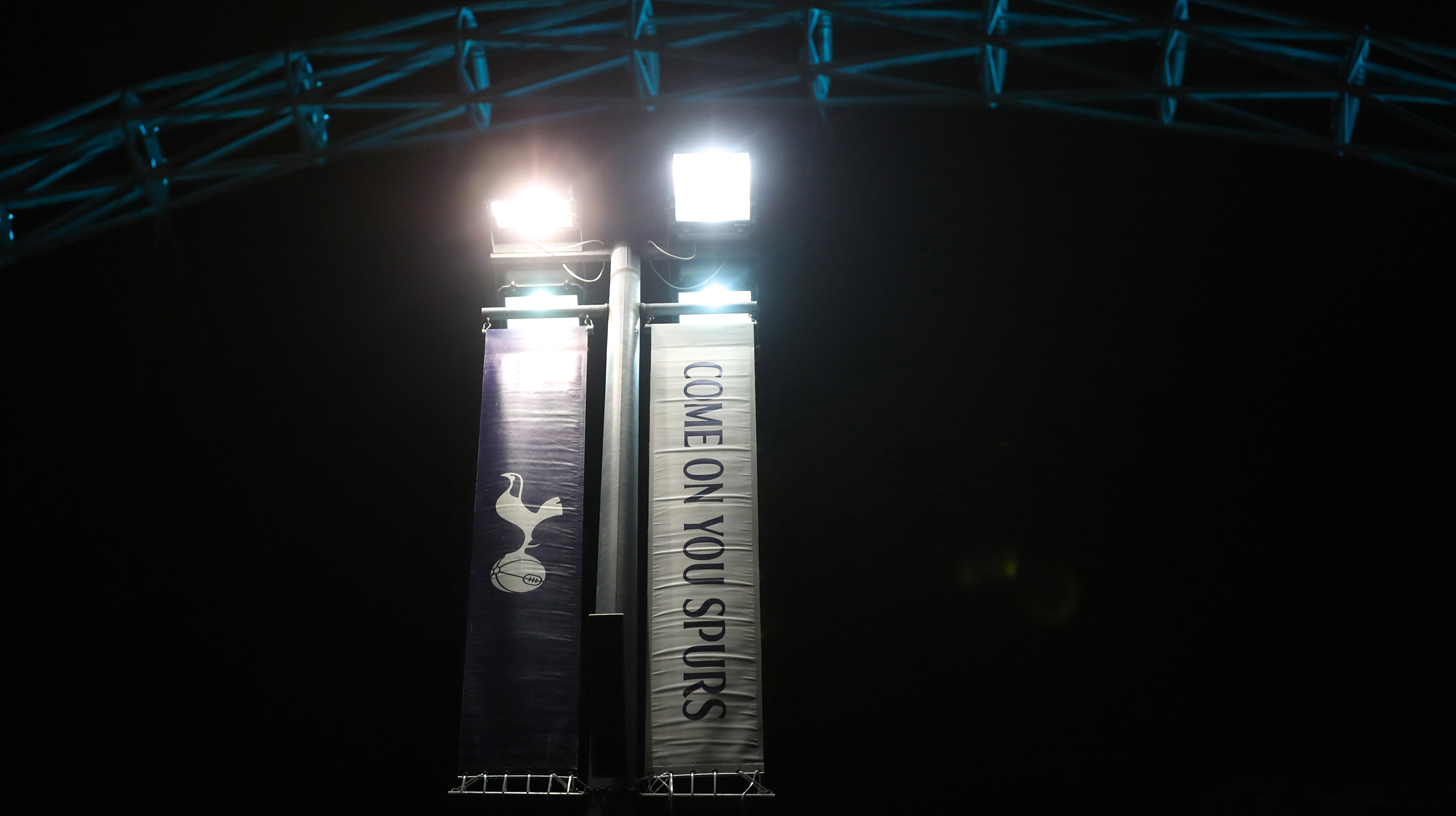Leave it to soccer, the most international of major sports, to remind everyone that the COVID-19 pandemic endures. Tottenham has been hit hard by a recent COVID outbreak, seeing at least eight players and five members of the coaching staff test positive. The club's final Europa Conference League match against Stade Rennais was supposed to take place on Thursday, but was postponed because Spurs lacked the minimum of 13 fit players. In addition, the outbreak has affected the Premier League schedule as it heads into its already congested festive period. The league has postponed Sunday's Brighton-Tottenham match, and it looks like next Thursday's Leicester-Spurs match will suffer the same fate.
Taken in isolation, Tottenham's outbreak would be cause for mild concern at most. However, in light of omicron, the latest COVID variant of concern, Spurs' troubles take on a more worrying, ominous weight.
Spurs isn't the only club dealing with this. In late November, Portuguese club Beleneses had to play a match while fielding only nine players due to a huge outbreak of what turned out to be of the omicron variant. The league decided against postponing that match, and the basement-dwelling team got rocked by title hopefuls Benfica, 7–0.
Thankfully, neither UEFA nor the Premier League are making Tottenham play short-handed. Still, the impact of missed games is felt both in future fixture congestion and concern for what the virus can do to those infected. Plenty of soccer players came out of the 2020–21 season with long-lasting effects from an infection. For example, Chelsea's Kai Havertz struggled for months to get back to his best even after being cleared to return to play. That Tottenham has so many players infected right now—there is no comprehensive list of which players tested positive or their vaccination status—could have lasting effects once the team does return, which at the moment looks to be on Dec. 19 against Liverpool.
For its part, the Premier League is not taking chances. Following Britain's tightened restrictions to curb the spread of omicron, the league reinstated some of its preventative testing and safety protocols from last season. This likely stems from worries about Norwich City's own coronavirus issues. The Canaries played Spurs last weekend, and have had "concerns" about a couple of players who are undergoing additional tests after reporting that they were feeling "unwell," according to the Associated Press. Though the club's first round of tests following the game were all clear, it's possible that a couple of cases snuck through.
As for the Conference League (whatever that is), there remain problems for UEFA to smooth over even though the Tottenham match didn't happen. For one, UEFA is going to have trouble rescheduling the Tottenham-Rennes match due to Spurs' packed fixture list and Rennes's frustrations with how the earlier cancelation went down. This might wind up with Tottenham having to accept a forfeit. In the other match of the group in question, Dutch club Vitesse asked UEFA to postpone its own Thursday match against Slovenian side Mura, on the grounds that it would be unfair to play the final group stage games at different times. UEFA denied that request, in part because it came in too late to facilitate a postponement. Vitesse won 3–1, and is stuck in limbo not knowing what that result means until the Tottenham-Rennes match is sorted out.
Hopefully, Tottenham's situation proves closer to a blip than a sign of things to come. There's good reason to believe that omicron is much better than previous COVID strains at spreading amongst people who ostensibly should already have some protection, be it from vaccination or prior infection. It's not hard to see how that could mean rampant transmission inside clubs and in society in general, limited or fully prohibited attendance in stadiums, or even suspension of play altogether. However, there were similar concerns about the game's ability to deal with the delta variant, but the safety protocols and vaccination were enough to prevent any dramatic obstructions.
The main thing with omicron overall is that it's just too soon to have a firm idea of what it means or what will happen. Obviously, that applies equally to sports and to the world as a whole. All anyone can do now is try to be safe, and to wait and see.






